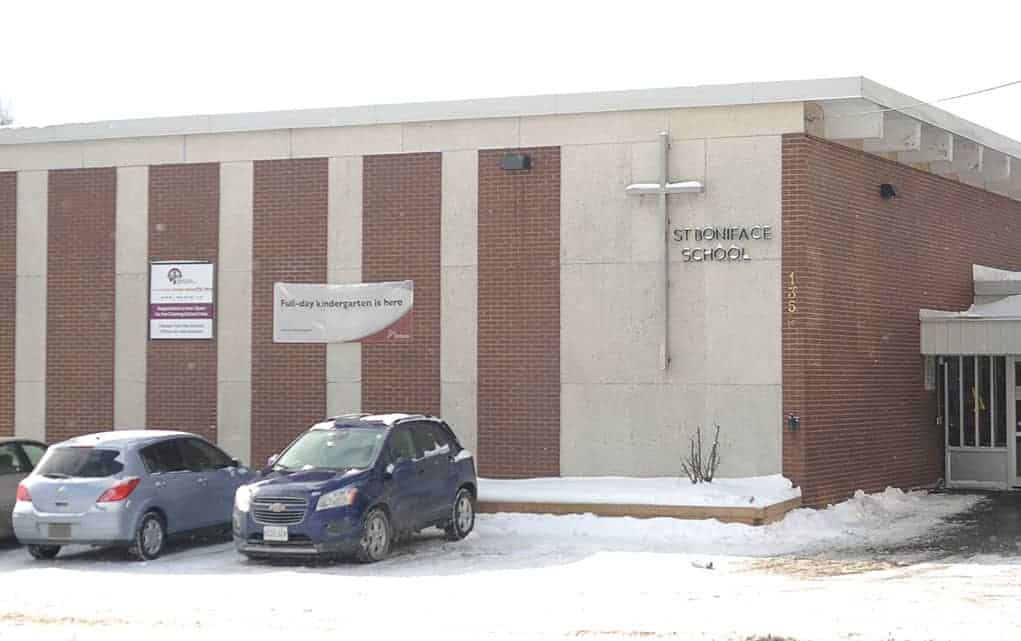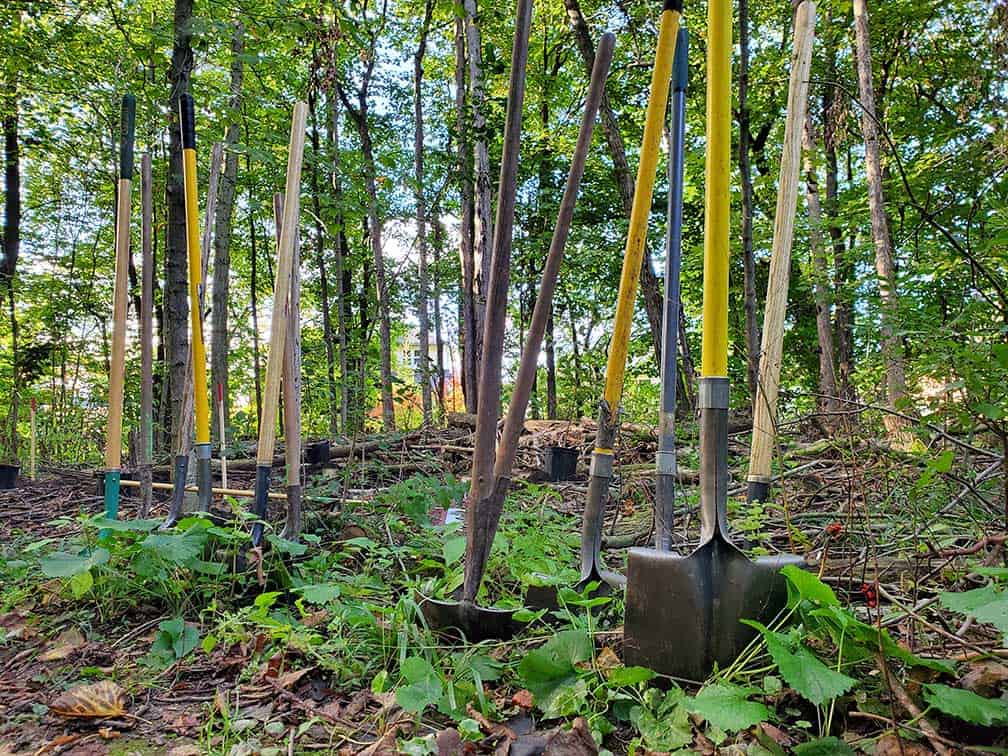Regional downloading is expected to add $100,000 a year to the cost of operating the Woolwich Fire Department to help cover the cost of a new radio system.
Township council meeting January 9 added $55,000 to the department’s 2020 budget, expected to pass $1.9 million. The new digital radio system is to be online by summer, the budget figure covering a cost of about $1,000 per year per radio through the end of 2020.
“That’s a totally new line in our budget that we have no option with,” said fire chief Dale Martin, noting all emergency services in the region will be on the new system.
The changeover has been in the works since 2013, plagued by delays and cost overruns – originally budgeted at $23 million, the system is now estimated at $30 million. The new equipment will replace a failing analog system installed in 1994 and used by police, fire departments, transit and public works. Waterloo Regional Police, the system’s largest user, were charged with implementing a replacement.
“The region used to cover those costs. When it got transferred to the police … the decision was made that ultimately the costs would be shared,” said township chief administrative officer David Brenneman.
The township has no choice but to switch over to the new system, he added.
Martin said the current equipment is starting to fail, with mounting repair costs and replacement parts becoming impossible to find, noting the base hardware has one foot in the grave and the other on a banana peel.
The new radios are more robust, ensuring communication is maintained in more extreme conditions such as going underground, and provide interoperability between fire, police and EMS.
“It is a better system than what we have now.”
For Brenneman, the cost-sharing formula remains a key point of contention. He suggested usage would be a better metric than simply the number of individual radios put into service.
“A split on the number of radios … was the easiest and most efficient in terms of cost-sharing,” he said of the rationale behind the formula. “That needs to be looked at.”
Police are the largest users of the system, along with Grand River Transit and the city fire departments.
Given the state of the current equipment – police have reported communications issues, for instance – getting the new system online is the first priority, said Brenneman.
“We are assured this will be fully operational by the end of June.”
In the vein of unavoidable costs, the fire department also faces mandatory equipment-replacement costs for the likes of air packs.
The township has budgeted $382,000 this year and next for the breathing gear, which the province decrees must be replaced every 15 years. There’s also another $50,000 this year and next for SCBA tanks.
Woolwich’s volunteer firefighters will get a three per cent raise this year – to $26 per hour from $25.25 – when they’re called into service.
The township continues to play catch-up to the higher pay in other municipalities, said Martin.
“We’re showing our firefighters that we’re trying.”
Overall staff costs are up 5.1 per cent of the 2019 budget, representing $1.2 million of the department’s $1.95 million budget.
On the capital side, the township has earmarked $700,000 to renovate the Maryhill fire station, which suffers from a number of structural and space issues.
Some $500,000 is to be spent this year on the first phase of the work, which calls for renovating the existing truck bays, replacing the roof, adding new insulation, a new washroom and storage space. The remaining costs are scheduled for phase 2 in 2021, including a new water reservoir and septic system, along with renovating the office and meeting room and adding a washroom.
The renovations are more cost-effective than building a new station, estimated at $1.7 million, said director of rec. and facilities Ann McArthur.
“We feel this is the most economical way, to renovate the building.”
Coun. Murray Martin remained skeptical, however, noting previous councils had twice decided not to renovate the building due to concerns that it was good money after bad.
“I would sooner tear that down and build new,” he said, suggesting additional problems would be discovered once the renovation work got underway.
His colleagues opted for the renovation option instead, however.
“New is great, but I think we repurpose what we have,” said Coun. Patrick Merlihan.
As council revisited the capital budget Tuesday night, Martin said new information made it clear the renovating the fire hall made sense, adding he would like to see the bulk of the work done in 2020 rather than dragging it out over two years.









